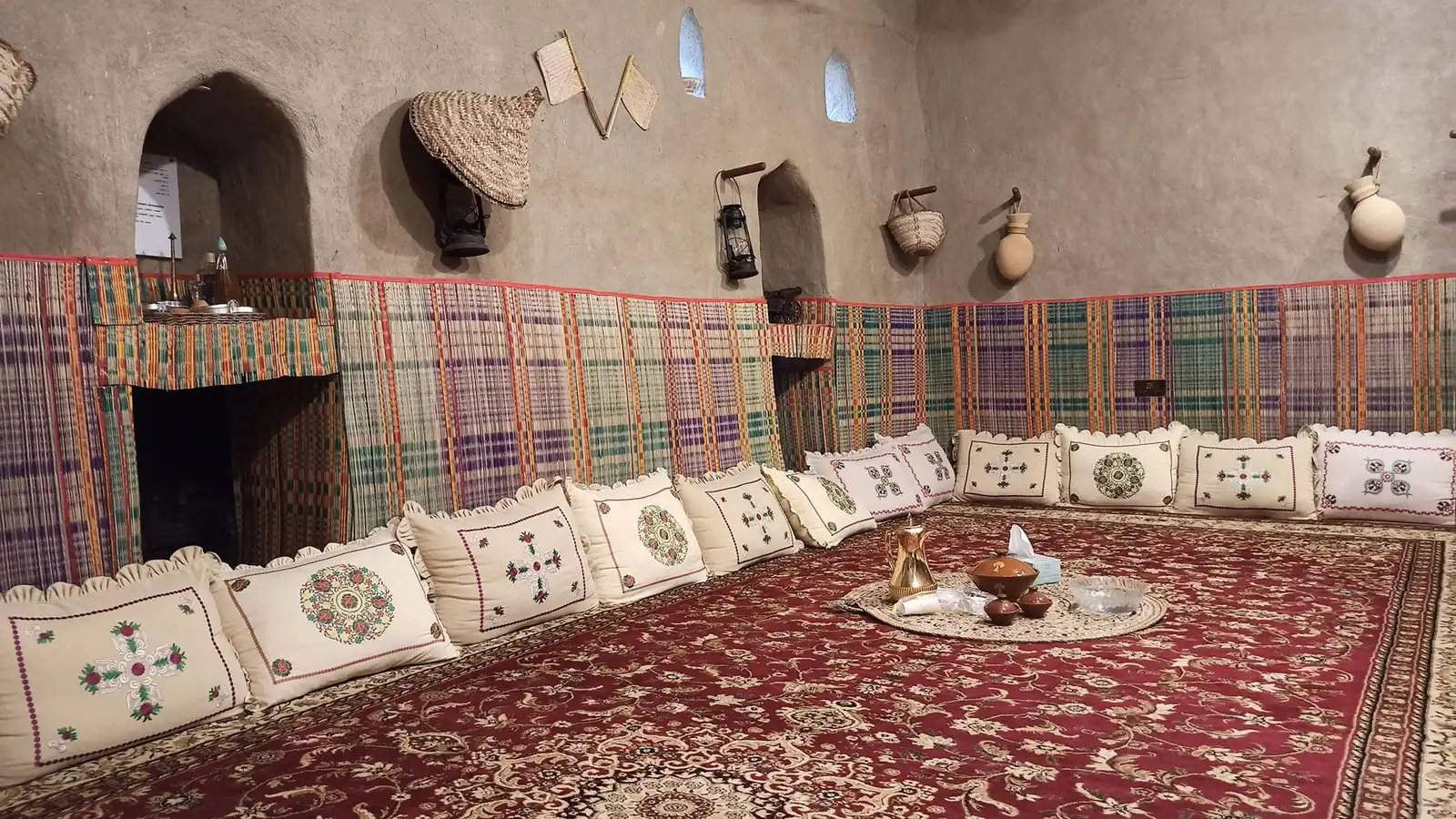
Home>Research>Research Groups and Seminars>Authoritarianism's (un)making of North Africa and the Middle East
Authoritarianism's (un)making of North Africa and the Middle East
About

The research seminar of the MENA Program has a twofold aim. One is to create a deliberative and analytical space open to both professional scholars and students to engage with current academic and political challenges to the study of the MENA region. It has become increasingly risky and sometimes impossible to safely undertake fieldwork in the region. Risk comes from increased authoritarian closure or state collapse amid civil wars. How can we -as scholars or practitioners- keep studying and engaging with MENA societies from afar? Answering this question calls for a renewed reflection on data collection and methodologies. Internal political polarization in Western societies and public debates also impacts the process of knowledge production around the MENA region. How can academics and students alike overcome such challenges?
Another aim of the seminar is to explore the dialectic of democratic experiments and authoritarian closure in a region marked by democratic backsliding after the failure of the post-2011 democratic experiments in the Arab world, the populist turn of Turkey under Recep Tayyip Erdogan but also the crisis of the historic democracies of Lebanon and Israel. A puzzling aspect of the post 2011 era in the MENA is that while democratic experiments undertaken after the Arab revolutions in 2011 have failed to take hold in the long term (in Tunisia, Egypt, Yemen, or Sudan), so too have the authoritarian modes of governance that have re-emerged since 2013. The unexpected collapse of the Assad regime in Syria is clear evidence of the limits of the politics of brutality and cruelty. The post-Assad era provides an opportunity to re-explore the issue of post-authoritarian rebel governance.
Such are some of the questions and puzzles that this research seminar will examine through a series of roundtables, lectures, and workshops. The research seminar embraces an interdisciplinary approach to these complex political and social transformations, and brings together perspectives such as political sociology, political economy, history, law, and ethnography. While located at the Center for International studies, the research seminar seeks to build bridges with other research centers at Sciences Po and beyond.
Picture : Nizwa (Oman), March 2021. Copyright : Laurent Bonnefo
Scientific Coordination

Follow us
Contact us
Media Contact
Coralie Meyer
Phone : +33 (0)1 58 71 70 85
coralie.meyer@sciencespo.fr
Corinne Deloy
Phone : +33 (0)1 58 71 70 68
corinne.deloy@sciencespo.fr
